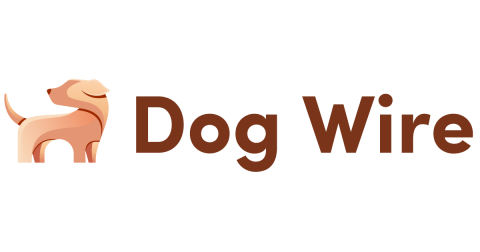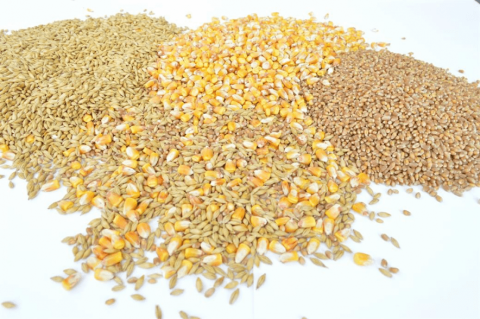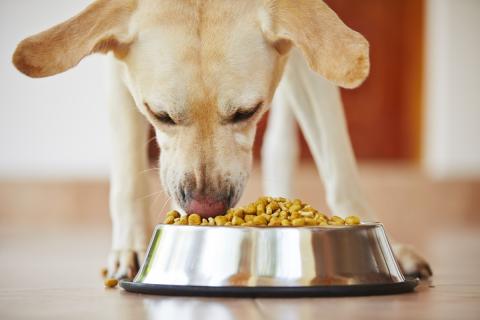
The Role of Grains in Dog Nutrition: Good or Bad?
Published on March 28 by Julia
Grains have been a controversial topic in the world of dog nutrition. Some pet owners believe that grains are harmful and should be avoided, while others argue that they provide essential nutrients. But is grain really bad for dogs? Let’s explore the facts and myths surrounding grains in dog food.
What Are Grains?
Grains are seeds from cereal crops such as wheat, corn, rice, barley, and oats. They are commonly used in commercial dog foods as a source of carbohydrates, fiber, and essential nutrients. Some grain-free diets have gained popularity, but are they truly necessary for all dogs?

Common Myths About Grains in Dog Food
- Myth: Grains Cause Allergies in Dogs
Fact: While some dogs have grain allergies, they are rare. Most food allergies in dogs are caused by proteins like beef, chicken, or dairy. - Myth: Dogs Can’t Digest Grains
Fact: Dogs have evolved to digest grains efficiently. Their digestive systems produce amylase, an enzyme that helps break down carbohydrates. - Myth: Grain-Free Diets Are Always Healthier
Fact: Grain-free diets often replace grains with other carbohydrate sources like potatoes or legumes, which may not always be healthier.
Benefits of Grains in Dog Food
- Nutrient-Rich: Grains provide essential vitamins, minerals, and fiber that support digestion and overall health.
- Energy Source: Carbohydrates from grains provide a steady source of energy for active dogs.
- Weight Management: Whole grains can help maintain a healthy weight by providing fiber and promoting fullness.

When Should You Avoid Grains?
While grains are generally safe, some dogs may have grain sensitivities or medical conditions that require a grain-free diet. Dogs with specific allergies or digestive disorders might benefit from alternative food options.
Conclusion: Should Your Dog Eat Grains?
For most dogs, grains are a healthy and beneficial part of their diet. Unless your dog has a diagnosed grain allergy or intolerance, there is no need to avoid them. A balanced diet that includes high-quality proteins, healthy fats, and the right amount of carbohydrates—whether from grains or other sources—is key to your dog’s well-being.
If you're unsure about your dog's diet, consulting a veterinarian can help determine the best food choices based on their individual needs.